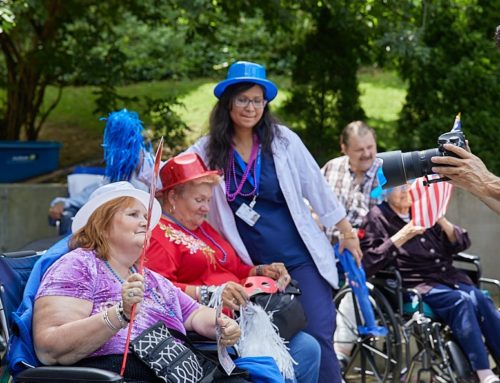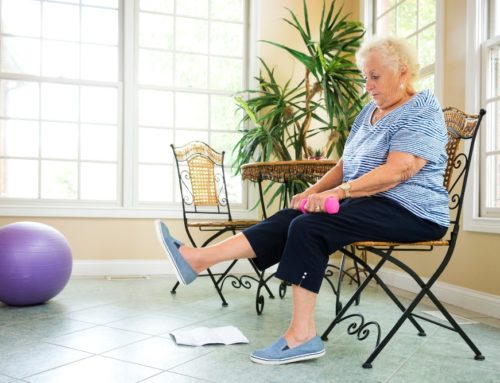3 Reasons You Need Life Adjustments After a Mini Stroke
Transient ischaemic attacks (TIA) or mini strokes occur when blockage temporarily prevents blood flow to the brain. These usually don’t last long or cause permanent damage, but shouldn’t be ignored. TIAs are often warning signs of serious problems, including more severe strokes. Temporary therapy is rarely enough to prevent such issues, so major life adjustments after a mini stroke are crucial.
Most symptoms after a mini stroke last only a few minutes, with some rare issues lasting up to 24 hours. Though rehab is rarely necessary, your doctor may recommend stroke care to prevent future episodes. Such care includes rehab therapies, health education, mental and emotional support, and physical activities for those who need it.
Fairview Adult Day Care Center in Brooklyn NY, offers the care required for adults and seniors after a TIA. Our trained staff helps our clients recover and teaches them the best methods to prevent recurring strokes.

Reasons You Need Life Adjustments After a Mini Stroke
Mini strokes occur without warning, so there is no way to prepare for one. Luckily, after experiencing a TIA, measures are available to prevent another mini stroke or a more severe one. For more information on what life alterations you should implement and why they are required, check out the following sections.
1. Reduce the risk and prevent another stroke
After a mini stroke, life adjustments are necessary to reduce the risk of future TIAs or strokes. The first step to stroke prevention is speaking to your doctor immediately after the mini stroke. Your doctor will evaluate to identify the cause of the TIA.
Once the diagnosis is complete, the necessary steps and treatments are discussed to reduce the chances of future problems. With the proper alterations to your lifestyle, you may be able to prevent another one from occurring.
2. Address the underlying causes
There are several possible risk factors for a mini stroke, so determining why you’ve experienced one isn’t quick. Your doctor will need to run several tests to discover the cause of the blockage disrupting the brain’s blood supply.
Though some factors, like age, family history, or sex, can’t be altered, several mini stroke causes are due to lifestyle. These include poor nutrition, physical inactivity, or the use of alcohol, cigarettes, or illicit drugs.
Several medical issues are also related to mini strokes, such as cardiovascular disease, carotid artery disease, diabetes, or obesity. High cholesterol, blood pressure, or homocysteine levels are contributing factors as well. Knowing the cause of the mini stroke helps your doctor recommend options for stroke prevention.
3. Path to recovery – lifestyle changes
- Blood pressure and cholesterol
The path to recovery after a mini stroke includes several life adjustments. Adding regular exercise to your routine lowers blood pressure and cholesterol and reduces excess weight.
- Healthy eating
Eating well is essential to improve medical issues and maintain a healthy weight. Include fruits, vegetables, grains, and lean meats while lowering sodium, sugar, and saturated fats.
- Reduce stress
Chronic stress is another factor causing mini strokes, so finding ways to reduce stress, including meditation and yoga, is essential. Reducing or quitting unhealthy habits, like smoking or excessive drinking, also prevents mini strokes.
Resources:
https://www.mayoclinic.org/diseases-conditions/transient-ischemic-attack/symptoms-causes/syc-20355679
https://strokefoundation.org.au/media/woahq0ve/life-after-stroke-or-tia.pdf
https://healthtalk.org/tia-and-minor-stroke/lifestyle-changes-after-transient-ischaemic-attack-tia
This article is for educational and informational purpose only and does not substitute for professional medical advice. For any questions about your own health condition, speak to a qualified physician or healthcare provider.







Leave A Comment